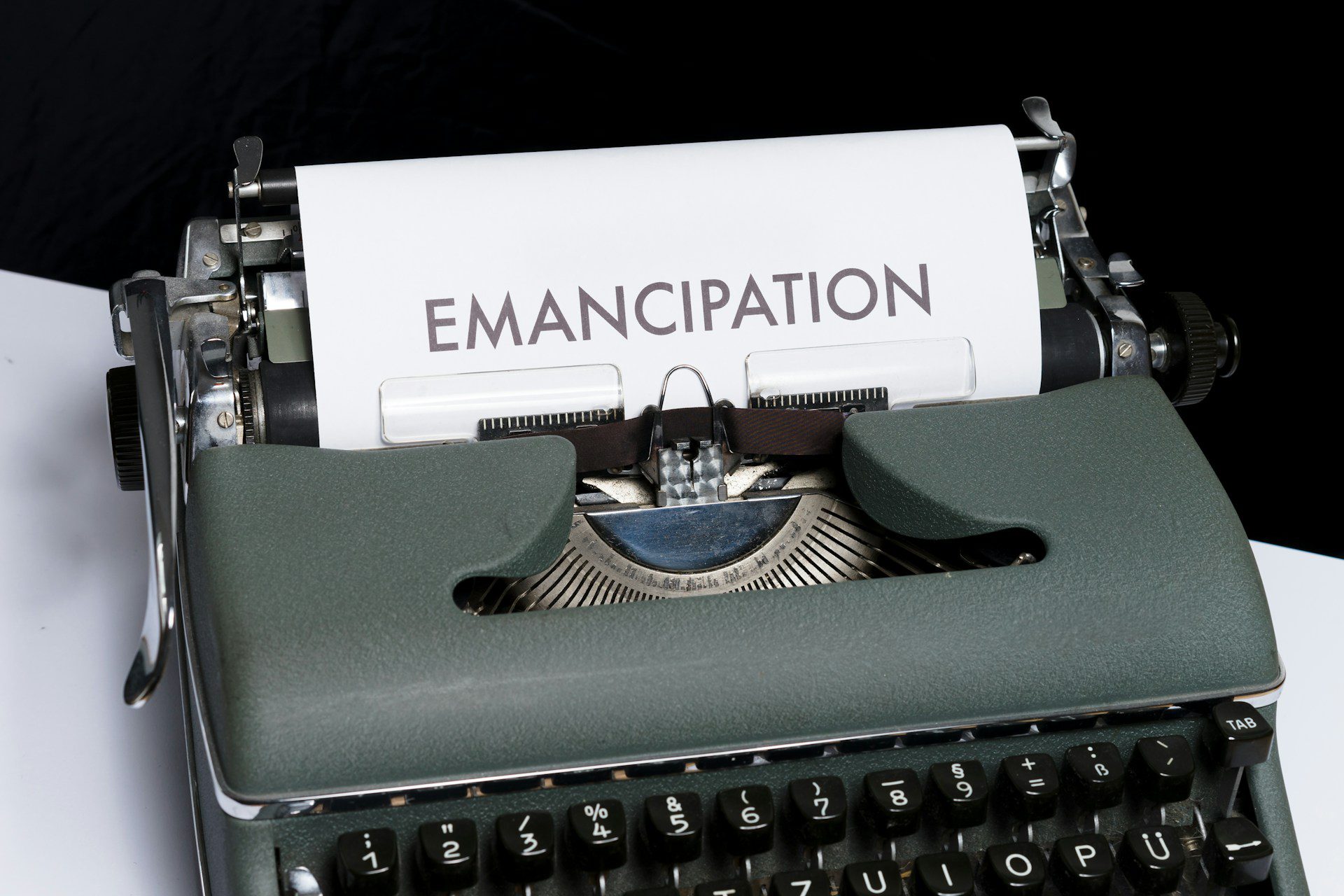
International Day for Remembrance of the Slave Trade: Emancipation Day and the call for reparations
In the Caribbean, August 1 is Emancipation Day, an occasion commemorating the end of the transatlantic slave trade, celebrating the fight for freedom as well as remembering the ancestors who suffered unimaginable cruelties. Although ended almost 200 years ago, for this region, the epicenter of this distinctively brutal enterprise, the legacy of colonialism and slavery continues to reverberate to this day, shaping socio-economic and political landscapes and rendering the region vulnerable to a myriad of contemporary challenges.
Lingering scars
Centuries of exploitation, violence, and dehumanization have entrenched deeply rooted issues that persist to this day. Local activists, politicians and academics are adamant that the Caribbean’s vulnerability is underscored by persistent poverty, underdevelopment, and structural inequalities that hark back to its tumultuous beginning.
Mia Mottley, Prime Minister of Barbados, is a vocal advocate for reparations.
“Our forefathers and foremothers, through blood, sweat, and tears, paid too high a price for us not to speak out against the wrongs of the past.”
Quest for reparatory justice
The Caribbean Community (CARICOM), a political and economic union of 15 Caribbean states, is coordinating the fight for reparations. Their Reparations Commission has a comprehensive 10-point plan. Number 1 on the list? A full formal apology.
Speaking at a rally in Jamaica in 2022, customer service worker Huaje Hutchinson said:
I want to make the British crown recognise that they have committed a great crime against the African people and that they must apologise and give back what they have taken from the ancestors.
Crimes against humanity
Reparations advocates say the United Kingdom bears a profound moral responsibility to address the enduring consequences of historical slavery in the Caribbean. By 1770 British traders alone were trafficking up to 42,000 Africans across the Atlantic every year.
“We’ve done tremendous things with what little was left to us. But at the same time, because of that history, that hundreds of years of looting and plundering of resources, there are material gaps in our state of physical development that need to be corrected,” says David Comissiong, deputy chair of the Barbados national reparations task force.
A British family whose ancestors were slave-owners are traveling to the Caribbean to formally apologize for their role in the slave trade and will pay reparations. This historic action now puts the onus on the government to follow suit.
One family member said that their ancestors’ involvement in the slave trade amounted to “crimes against humanity”. The Trevelyan family set up a £100,000 ($128,573) fund that was launched in Grenada in February 2023.
U.K. Member of Parliament, Clive Lewis, is now urging Prime Minister Rishi Sunak to negotiate reparations with Caribbean leaders. Clive Lewis said:
[…] and the reason why reparations is the right and fair thing to do is, yes, because of the legacy of slavery and because wealthier countries like ours extracted and underdeveloped those societies […]”
What is owed and to whom?
While the British government has yet to offer a formal apology or reparations to the Caribbean for the sins of slavery, for decades after abolition, the U.K. Treasury continued compensating the families of slave owners. In total, the British government finally paid off today’s equivalent of over 20 billion dollars in 2015 – to make up for the loss of profits from ending slavery.
At minimum, this move appears to answer in the affirmative of whether today’s governments and people can answer for historical actions. Taken to its logical conclusion, it begs the question: what is owed to the families of the enslaved?
According to CARICOM, development plans and debt cancellation, among other things. Some economists say trillions of dollars.
Prime Minister Mottley thinks that some measure of support in the face of severe ecological vulnerability of the Caribbean – caused in no small part, she says, to countries that also orchestrated the slave trade – is due.
“So, we’ve had that wealth taken from us and now we’re experiencing the consequences of that wealth’s impact on the earth’s climate. It’s wrong. Just simply wrong.”
